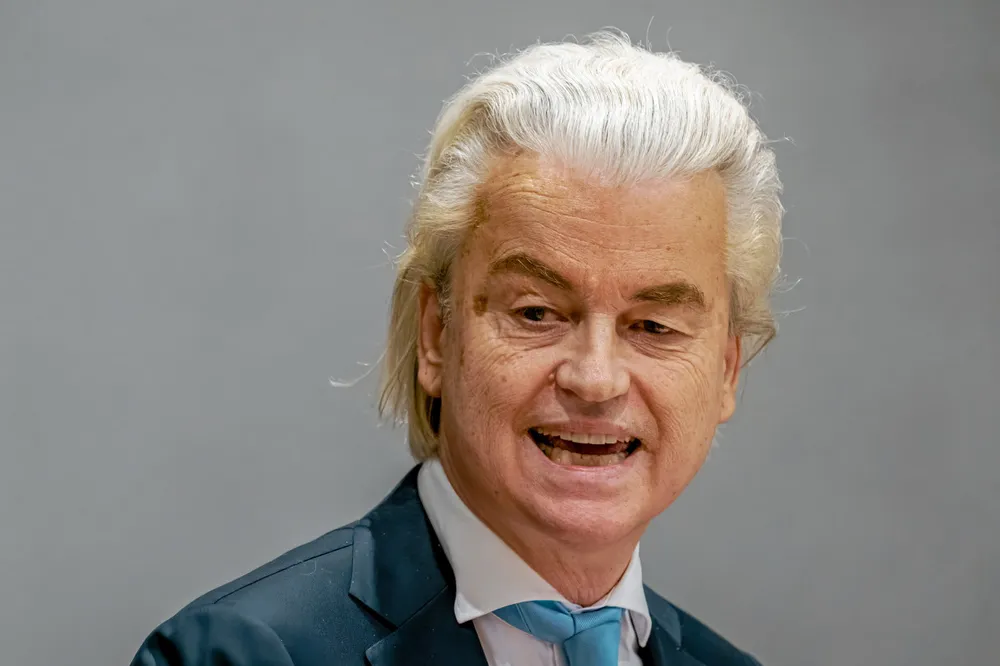ANALYSIS | What does a shock win for the far-right in the Dutch elections mean for green hydrogen?
Geert Wilders' Freedom Party (PVV) wins nearly a quarter of votes on climate-denying and anti-wind and solar platform but faces difficult coalition talks
